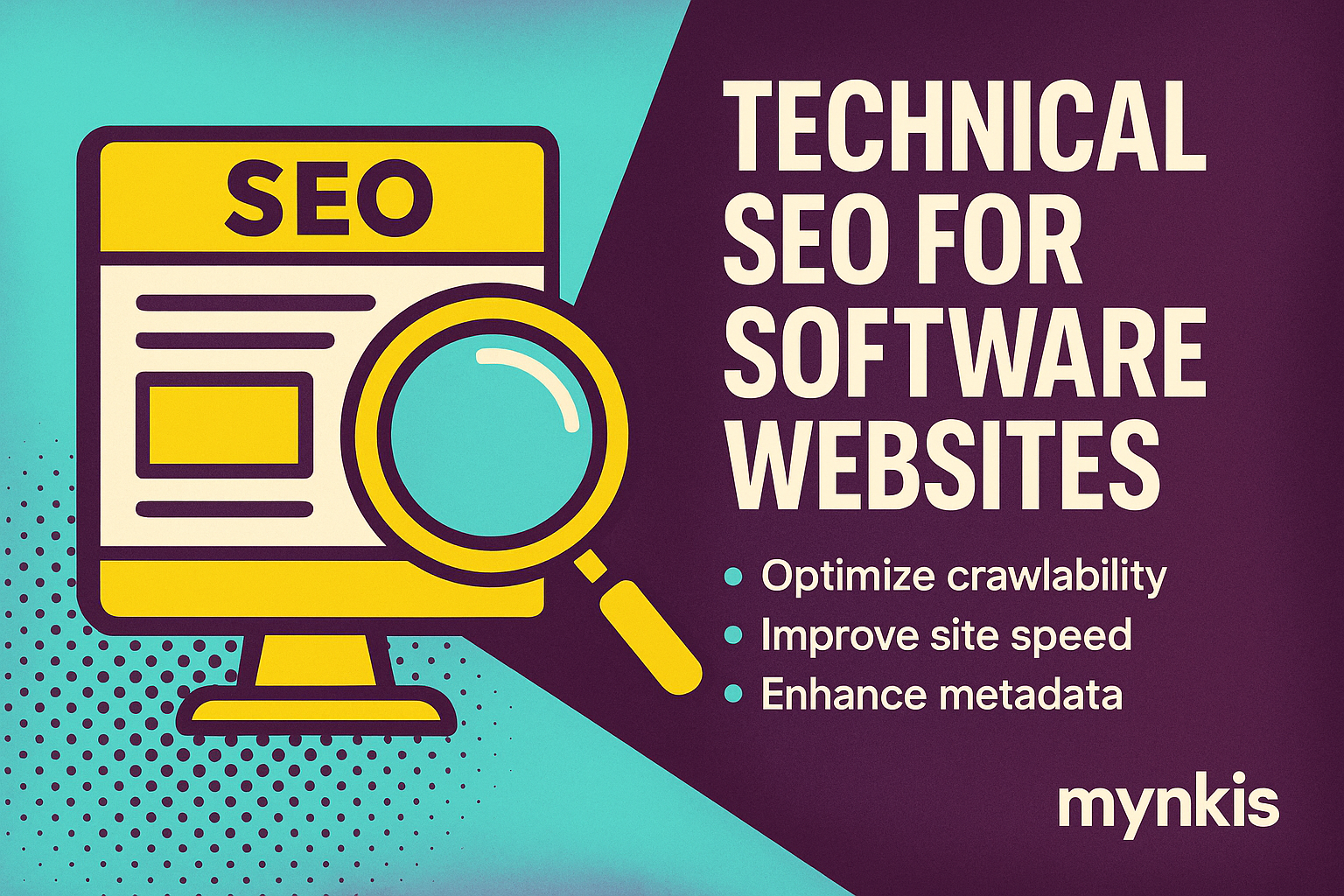Schedule a Demo
Technical SEO might sound like a buzzword, but for software websites, it's a game-changer. It's the backbone that ensures your site is not only crawlable but also ranks well in search engine results. I've worked with numerous healthcare providers who initially overlooked the importance of technical SEO, only to find their patient portals and software platforms lagging behind in visibility.
When it comes to user experience, site speed is crucial. A slow-loading website can be a deal-breaker, especially for healthcare providers where every second counts. Based on research from Google, pages that load within two seconds have a bounce rate significantly lower than those that take longer. Optimize your images, leverage browser caching, and consider a Content Delivery Network (CDN) to ensure your software website delivers the information patients and staff need swiftly.
In a world where mobile devices dominate, your software website must be responsive. This is particularly relevant for healthcare, where patients might access patient portals from their phones. A mobile-friendly site not only improves user experience but also enhances your SEO. Google's mobile-first indexing means your site's mobile version is the primary factor in ranking decisions.
A well-structured URL can make a big difference. Use descriptive and keyword-rich URLs for each page on your software website. For example, instead of www.yourclinic.com/page123, use www.yourclinic.com/patient-portal-login. This not only helps users but also informs search engines about the content of each page.
Creating and submitting an XML sitemap to Google Search Console ensures that all pages on your software website are discoverable. Meanwhile, a robots.txt file tells search engines which parts of your site should not be crawled. These are foundational elements of technical SEO that any healthcare provider's software platform should prioritize.
Security is paramount in healthcare, and SSL certificates are essential. They not only protect patient data but also contribute to your SEO efforts. Google has confirmed that HTTPS is a ranking signal. So, if your software website doesn't have an SSL certificate, it's time to get one. It's a small step with significant impact on both security and search visibility.
Clean, well-organized code isn't just for developers; it's a boon for SEO too. Using semantic HTML5 tags like
Schema markup can significantly enhance your search engine results. It allows you to provide additional context about your software website, such as company details or product information. For healthcare providers, schema can highlight specific services or patient resources. By implementing schema markup, you're helping search engines to display rich snippets, which can increase click-through rates.
Regularly check for crawl errors through Google Search Console. These errors can range from broken links to server issues, and they can negatively impact your site's SEO. I've seen software platforms for clinics suffer due to unnoticed crawl errors. Proactively addressing these issues ensures your software website remains visible and accessible to both patients and search engines.
Structured data goes beyond schema markup by providing additional context that improves user experience. It can help search engines understand the nuances of your software website, which is particularly beneficial for healthcare platforms dealing with complex data. Whether it's for patient appointment scheduling or accessing medical records, structured data can make your site's information more accessible and engaging.
Duplicate content can harm your software website's SEO. Using canonical URLs helps you specify the preferred version of a page, telling search engines which one to index. This is especially useful for healthcare providers with multiple entry points to the same content, such as different URLs for patient login pages.
Prioritize the loading of critical content on your software website. For healthcare, this might mean loading patient resources or scheduling tools quickly. Techniques like lazy loading can help, where non-critical elements load after the key content is visible. This not only improves user experience but also aligns with search engine preferences for fast-loading pages.
SEO is an ongoing journey, not a one-time setup. Regular SEO audits of your software website are crucial. They help identify new issues, track performance, and adapt to the ever-evolving landscape of search engine algorithms. For healthcare providers, this means ensuring that patient portals and software platforms continue to meet both user and SEO standards.
As AI and machine learning continue to influence SEO, the importance of technical SEO for software websites will only grow. These technologies can enhance site personalization, predict user behavior, and optimize content delivery. For healthcare, this could mean more tailored patient experiences and better data management. Staying ahead of these trends will be key for any healthcare provider looking to maintain top-tier software solutions.
